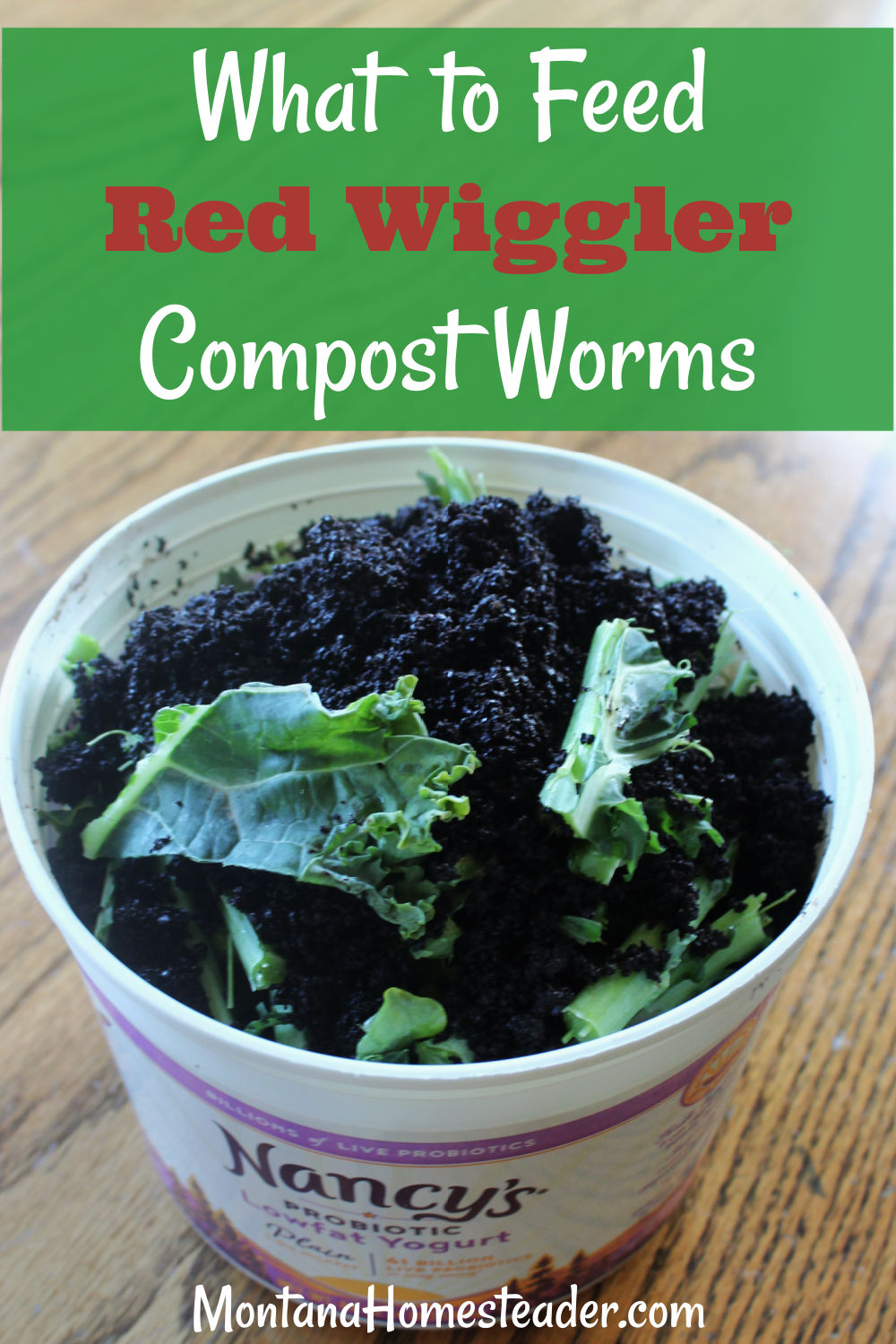Red Wiggler Worms - Reliable Decomposers for Your Compost Container
Red Wiggler Worms - Reliable Decomposers for Your Compost Container
Blog Article
Red Wiggler Worms Demystified: Unlocking the Secrets of Vermiculture for Greener Living and Nutrient-Rich Dirt
In the world of sustainable practices for enriching dirt top quality and advertising eco-conscious living, red wiggler worms play an essential yet frequently forgotten duty. Red Wiggler Worms. Comprehending the complexities of caring for these worms, optimizing their setting, and using their spreadings can lead to a greener way of living and much healthier dirt for plants to flourish.
The Duty of Red Wiggler Worms
Red Wiggler worms play a crucial function in composting systems by effectively damaging down raw material right into nutrient-rich castings. These starved eaters eat a variety of natural products, such as cooking area scraps, lawn waste, and paper products. As they feed, the worms' digestive procedures damage down the organic matter right into a fine, dark, and nutrient-dense product called worm spreadings or vermicompost.
The castings created by Red Wiggler worms are extremely helpful for dirt health and plant growth. They are abundant in necessary nutrients like phosphorus, potassium, and nitrogen, which are essential for supporting healthy plant development. Additionally, worm spreadings contain useful microorganisms and enzymes that help improve soil framework, boost water retention, and boost nutrient uptake by plants.
Benefits of Vermicomposting

Furthermore, vermicompost, the nutrient-rich output of vermicomposting, works as a superb natural plant food and soil conditioner. It boosts dirt structure, boosts dirt oygenation, and enhances dirt moisture retention. These residential properties add to much healthier plants with more powerful origin systems and better resistance to pests and diseases. Vermicompost additionally enhances the dirt with necessary nutrients like potassium, nitrogen, and phosphorus, advertising plant development and overall dirt fertility.
Additionally, vermicomposting assistances lasting horticulture practices by giving a chemical-free and all-natural alternative to artificial plant foods. Red Wiggler Worms. This eco-friendly method not just enriches the soil yet likewise assists lower dependence on dangerous chemicals, advertising a greener and much more lasting means of gardening
Establishing a Worm Bin
When developing a worm bin for vermicomposting, proper setup is critical to ensure the success of the composting procedure. The primary step in establishing a worm container is selecting a suitable container. This can be a plastic bin or wood box that supplies sufficient area for the worms to move and has appropriate drainage openings to avoid waterlogging. Next, a bedding material such as shredded paper, cardboard, or coconut coir need to be included in the container. This bedding gives a comfortable setting for the worms and helps maintain moisture levels.
After including the bed linen, present the red wiggler worms to the bin. It is advised to begin with a small number of worms and progressively raise as they increase. The worms must then be offered with food scraps such as vegetables and fruit peels, coffee premises, and eggshells. It is vital to stay clear of including meat, milk, oily, or salty foods to avoid drawing in pests and developing undesirable odors.
Frequently keep track of the wetness degrees and temperature in the worm bin to guarantee ideal problems for the worms. With More about the author proper arrangement and maintenance, the worm bin will properly transform natural waste right into nutrient-rich garden compost for your plants and garden.
Harvesting Worm Castings
To successfully collect nutrient-rich worm spreadings from your vermicomposting system, a systematic harvesting approach is important. When it comes time to gather the worm castings, there are a couple of key steps to comply with to make sure a successful process.

Troubleshooting Common Issues
Identifying and resolving typical challenges that may develop throughout the vermicomposting process is crucial for keeping a efficient and healthy worm bin. Including excess food scraps can lead to a build-up of wetness and level of acidity in the worm bin, potentially harming the worms. Another concern is unpleasant smells originating from the worm container.
Additionally, if the worm population is decreasing or the worms appear unhealthy, it might be due to ecological stress factors such as severe temperature levels or pH levels. Keeping track of these elements and making needed adjustments is important for the well-being of the worms. By fixing these typical problems immediately, vermicomposters can guarantee a smooth and successful vermicomposting process while keeping a flourishing worm populace.

Verdict
In final thought, red wiggler worms play an essential duty in vermiculture by breaking down natural matter right into click over here now nutrient-rich soil. Setting up a worm bin is necessary for successful vermiculture, and collecting worm spreadings offers valuable compost for gardening.
As they feed, the worms' digestive system procedures break down the organic issue right into a fine, dark, and nutrient-dense material recognized as worm spreadings or vermicompost.
The castings created by Red Wiggler worms are very beneficial for soil health and wellness and plant growth. Including excess food scraps can lead to a build-up of dampness and acidity in the worm bin, possibly damaging the worms.Furthermore, if the worm populace is decreasing or the worms show up undesirable, it might be due to environmental stress factors such as severe temperature levels or pH degrees. Setting up a worm bin is crucial for effective vermiculture, and collecting worm spreadings provides important garden compost for horticulture.
Report this page